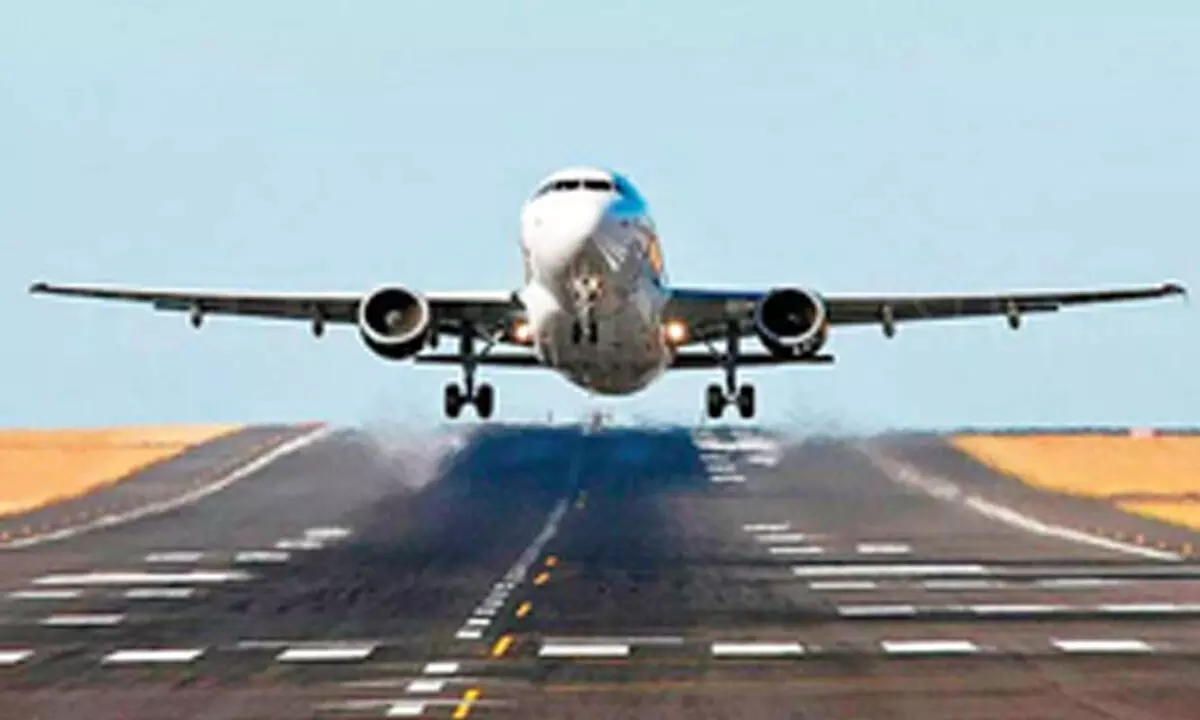DGCA draft proposes reduced night work hours and increased pilot rest to address fatigue complaints
Share :

The aviation watchdog, Directorate General of Civil Aviation (DGCA) has invited comments till December 4 on its recently prepared draft which proposes reducing night work hours and increasing pilot and crew members rest.
New Delhi: The aviation watchdog, Directorate General of Civil Aviation (DGCA) has invited comments till December 4 on its recently prepared draft which proposes reducing night work hours and increasing pilot and crew members rest.
The DGCA draft comes in response to the need to address the growing number of pilot fatigue complaints.
The changes include reducing the maximum flying duty length from 13 hours to 10 hours and increasing the minimum weekly rest period from 36 hours to 48 hours.
“An operator shall ensure that the minimum weekly rest of continuous 48 hours including two local nights is provided such that there shall never be more than 168 hours between the end of one weekly rest period and the start of the next,” the draft further stated.
Additionally, the DGCA suggests that the standby period should not extend beyond 12 hours, and the maximum standby time at the airport (with or without sleeping quarters) should not exceed 8 hours.
Furthermore, the DGCA is recommending that flight crew members should not be assigned or undertake any flight duty between the hours of 0000 to 0600, local time for more than two consecutive nights, except once within a 168-hour period.
For flight crew members who remain less than 48 hours away from their home base or domicile time, two consecutive nights are determined based on the local time at the point of the first departure of the flight schedule.
“The DGCA will grant approval for the operation of ultra-long flights on a case-by-case basis for specific city pairs and departure windows of these flights. Operators must submit a specific plan to the DGCA for obtaining 'City Pair Specific' approval for ultra-long-haul operations,” the draft stated.
“The DGCA may validate these flights for crew alertness if the operator follows prescriptive regulations, but it is preferred that the operator adopts Fatigue Risk Management System for continuous monitoring of crew alertness,” it stated.
The aviation authority also notes that the DGCA may request the submission of copies and analysis of records as necessary. Operators are required to ensure that flight crew members maintain personal records of their daily flight time, duty period, flight duty period, and rest periods.













